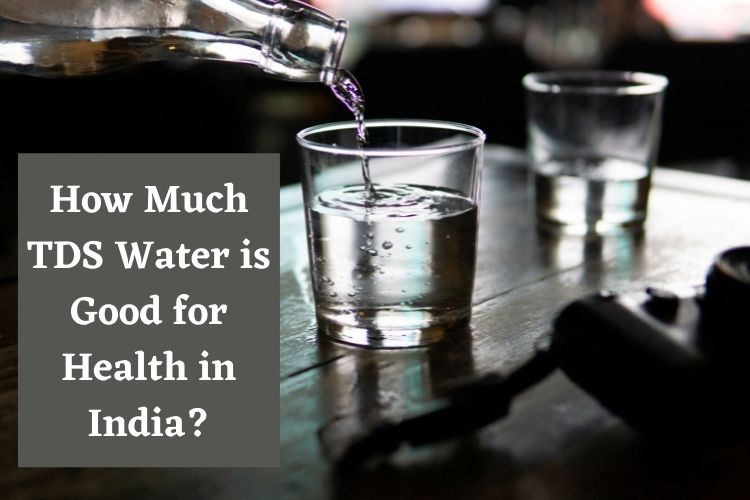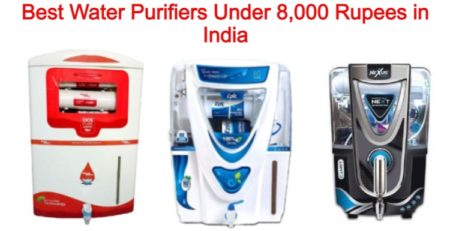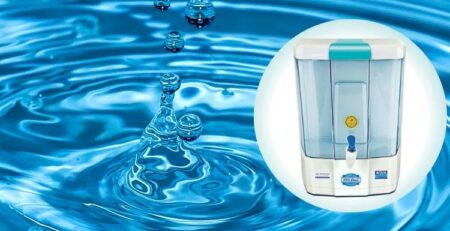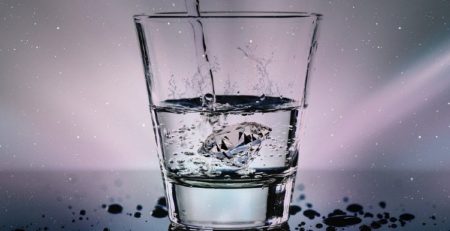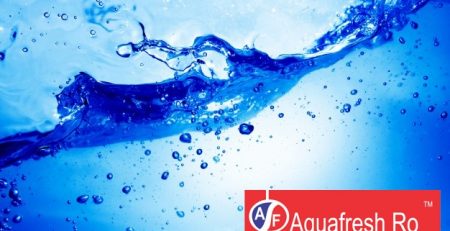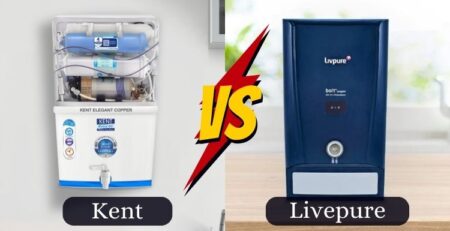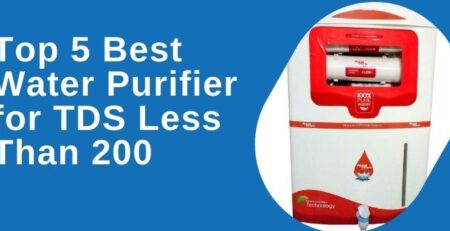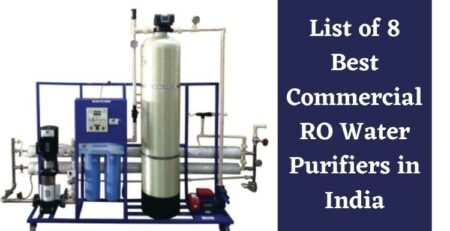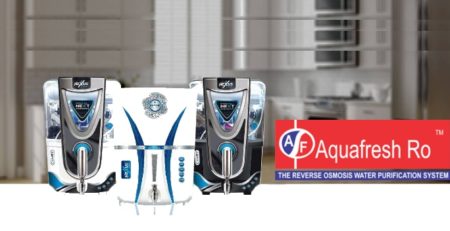How Much TDS Water is Good for Health in India?
Pure drinking water is a necessity as it helps prevent the incidence of water-borne diseases like cholera and typhoid. Water purifiers can help you get rid of not just impurities like microbes, but also un-dissolved salts that cause hardness in water.
Most people use water purifiers to obtain clean drinking water for their homes and offices. While buying a water purifier, we usually come across several terms which can cause tremendous confusion. One of those terms is TDS which is very important when it comes to ascertaining the purity of water.
Let us know what TDS means and why it is important for us?
What is TDS in Drinking Water?
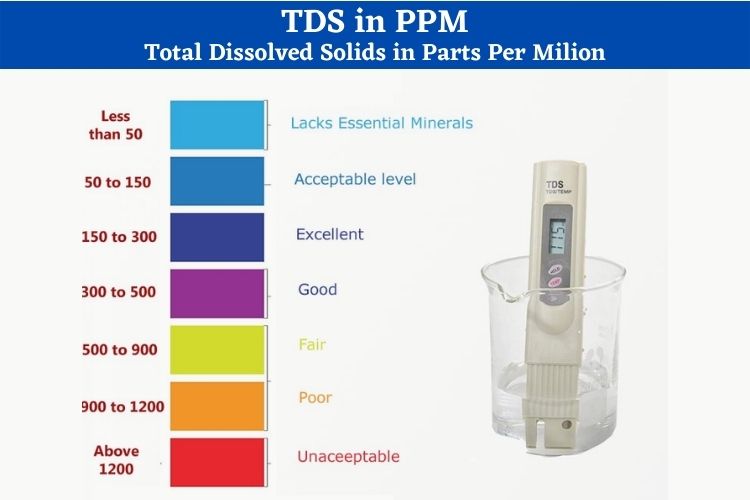
TDS stands for Total Dissolved Solids. However, that does not exactly explain what TDS is and why it is important. TDS is a measure of all organic and inorganic substances which are dissolved in water. Most of the common inorganic substances are salts of calcium, potassium, and magnesium. Though these minerals are essential for our body, they are required in very minute quantities. As a result, if their levels are more than the desired amount, it can lead to some health issues. Therefore, TDS levels are extremely important when it comes to drinking water. Most water purifier companies, therefore, make it a point to mention the ability of the water purifying machine to remove TDS.
Must Read: Choose the Best Water Purifier for TDS Less Than 200
What are the Common Causes for the Presence of Dissolved Salts in Water?
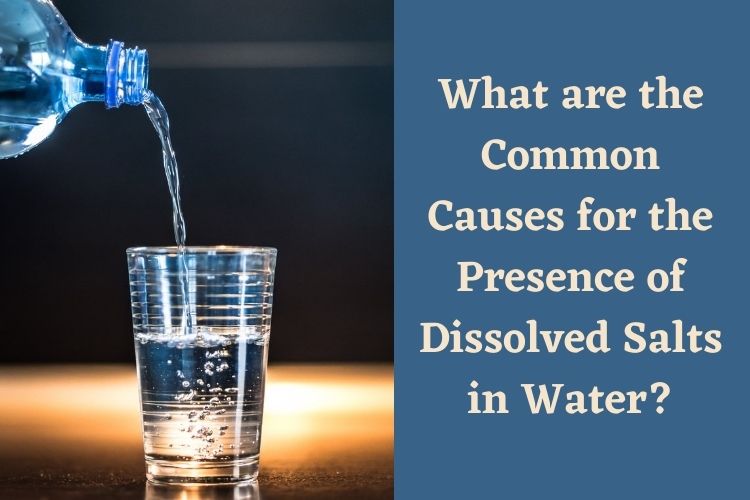
Minerals are essential cofactors for the enzymes that carry out biochemical reactions in your body. These minerals are obtained from different salts that become dissolved in groundwater. The dissolved salts of calcium, sodium, potassium, and magnesium are the most common ones found in water. Some salts like fluoride, arsenic, and nitrates can be harmful to our health.
Mineral salts can also be dissolved in water through agricultural runoff as well as from urban wastewater and industrial wastes. Usually, these are loaded with chemicals that can contaminate water bodies including the groundwater. The water that you obtain from the tap might contain many of these dissolved solids that can harm your health.
Why Should you Check the TDS Levels of Water?
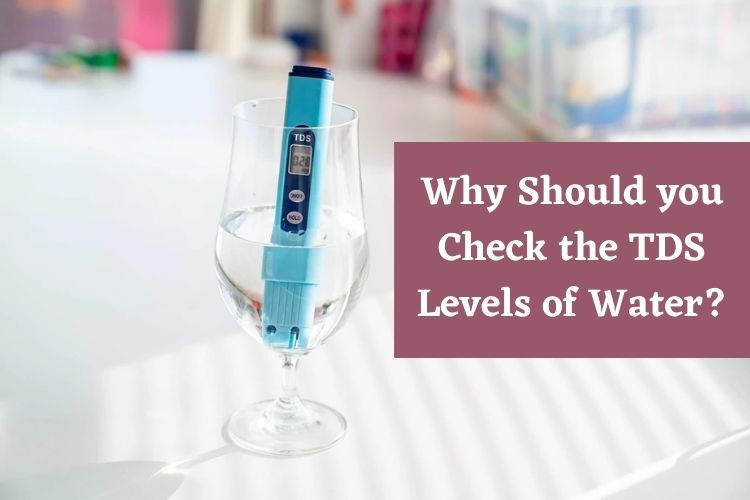
Without the availability of TDS results, you cannot know if the water that you are drinking is pure or impure. Drinking water which contains an excess amount of certain inorganic salts can be extremely harmful to your health. Though the permissible limits of TDS in drinking water are usually specified. However, unless you know the TDS levels of the water you are consuming, you will not be able to determine whether the water purifier is functioning properly or not.
Must Read: The Best Water Purifiers for 300, 400, 500, and 700 TDS!
How to Check TDS of Water at Home?
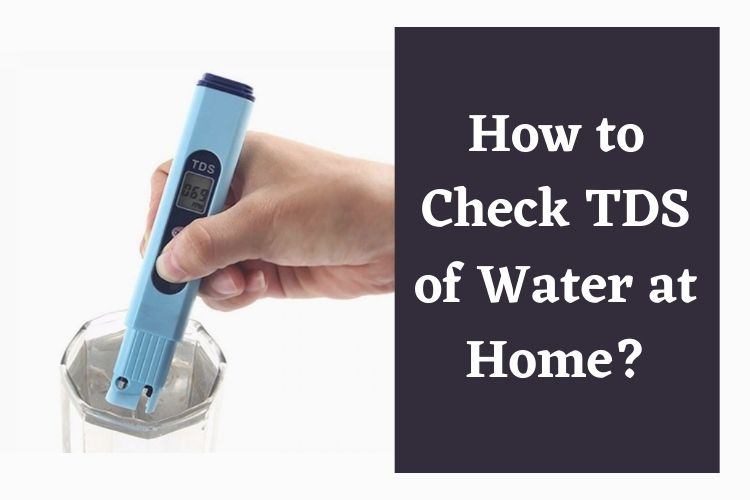
Checking of TDS levels in water can be done at home to ensure that the water you drink is pure and safe for consumption. There are different ways through which this can be done. These include:
- Using digital TDS meter – Available easily on several online stores, these affordable digital meters can easily test the quality of the filtered water for hardness caused due to dissolved solids.
- Using a digital weighing scale and filter paper – This is an easy way to determine dissolved solids in water. In this case, you would need to filter the sample of tap water and dry the particulate matter present in it. By weighing the same and using some simple calculations, you can easily determine the levels of TDS in the water sample.
How Much TDS is Permissible in Drinking Water?
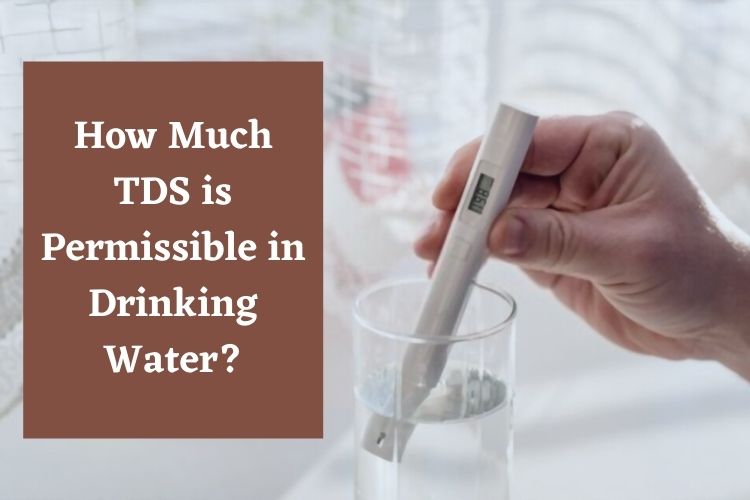
As per the EPA Secondary Regulations, the maximum levels of TDS in drinking water are 500 mg/liter. Ideally, the drinking water you obtain from the water purifier should be devoid of TDS or should have impurities less than 500 mg/liter. If you are obtaining water from a nearby lake or running stream, the TDS levels should be checked before consuming it. The presence of dissolved salts in water can alter the taste of water.
As per the World Health Organization (WHO), the palatability of water is generally considered excellent if TDS is less than 300 mg/liter and good if TDS is between 300 to 600 mg/liter.
In India, the BIS (Bureau of Indian Standards) specification is adopted for potable water and is set at the WHO limit of 500 mg/liter. However, no specific health-based guidelines are available for the perfect TDS of drinking water.
Since several factors are responsible for increasing the TDS content of water, it is important to determine exactly which constituent is present in higher amounts. An increase in TDS from the recommended 500 mg/liter may cause a decrease in palatability which may also have other health-related outcomes.
A TDS value of 300 mg/liter is considered excellent, while that between 300-600 mg/liter is considered good. The TDS limits of 600-900 mg/liter are considered fair and those between 900-1200 mg/liter are poor. Levels of TDS above 1200 mg/liter are unacceptable for drinking purposes. However, if no other alternative is available for drinking water, then the acceptable TDS can be relaxed up to 2000 mg/liter.
Should Your Drinking Water Contain TDS?
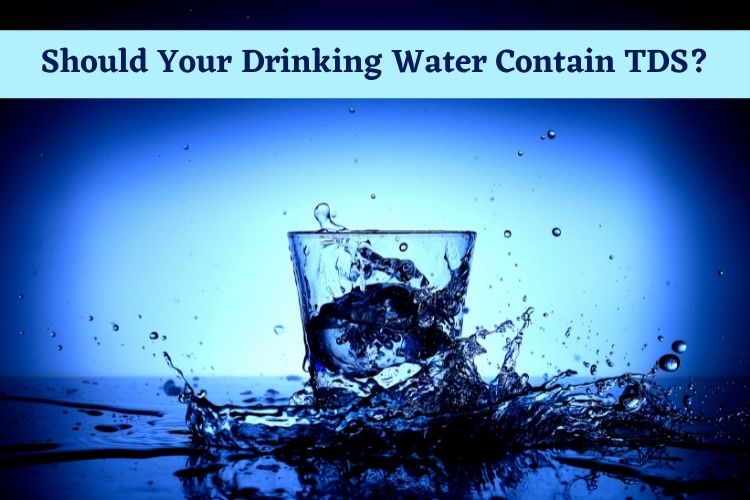
Since groundwater contains mineral salts, you cannot completely avoid them. Thus, your drinking water can have some dissolved salts, but there is a limitation on the maximum amount of contamination that is allowed by authorities.
Some amounts of dissolved minerals are essential for good health. Having zero TDS or very low amounts of dissolved salts is not recommended. However, the presence of impurities like fluoride or arsenic cannot be discounted.
Reduced TDS levels can alter the pH of water which can cause other health-related problems. Though there is no lower limit recommended, a TDS of 80 ppm is considered the accepted minimal norm. TDS between 150-200 mg/liter is recommended for cardiovascular fitness. Most homes in India usually have water with a TDS range of 250-350 mg/liter.
For TDS levels higher than 500 mg/liter, the use of an RO water purifier is recommended. If the water contains TDS more than 2000 mg/liter, you should avoid drinking it. Most water purifiers that are used at home cannot purify water containing such high amounts of dissolved solids.

